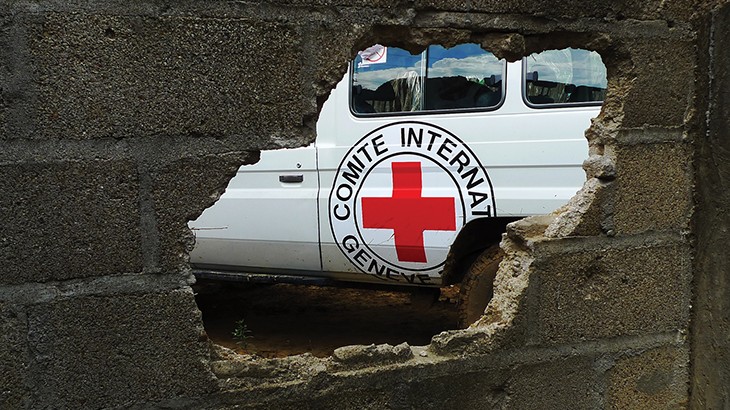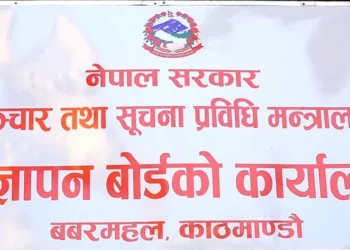GENEVA: It will be nearly impossible to fight COVID-19 in countries already devastated by conflict unless a concerted response by states and humanitarian organizations is launched immediately, the International Committee of the Red Cross (ICRC) has warned.
Plans to prevent and respond to the virus must urgently move forward before it gains a foothold in conflict zones.
COVID-19 represents a major threat to life in countries with strong health systems.
But the threat is even greater in places where health systems have been ravaged by war, where people uprooted by conflict live in close proximity, and where life-saving resources like clean water, soap and medicine are in short supply.
Additionally, health systems weakened by conflict have reduced capacity for detection, management and the follow-up of cases of sickness, which in turn increases the risk of transmission.
“COVID-19 has overwhelmed advanced health care systems. Many of the places where we work lack even basic health care infrastructure, let alone intensive care capacity. Our fear is that unless urgent action is taken to curb the spread of the virus, it will devastate some of the world’s most vulnerable communities,” said Peter Maurer, President of the International Committee of the Red Cross.
The ICRC fears the worst for people in prisons and displacement camps around the world. Health systems in conflict zones in places such as Syria, Yemen, South Sudan, northeast Nigeria, and Afghanistan are simply not prepared to handle a flood of COVID-19 cases without a surge in support.
An immediate and concerted response by states and humanitarian organizations is vital. COVID-19 does not have to be catastrophic for war-torn countries with weakened healthcare systems, but it does require the international community to scale up support.
Last week the International Red Cross and Red Crescent launched an appeal for 800 million Swiss francs, a call for States to boost resources for countries with limited capacity to respond to this urgent threat.
In displacement camps, physical distancing is not possible, and we fear it will be impossible to stop the spread of coronavirus once it enters a camp. Indeed, we fear the virus will spread rapidly and viciously, straining the medical response.
Containment will be difficult, as it is harder to trace and isolate suspected cases when people flee their homes due to violence.
Warfare has not stopped because of the virus, and victims of conflict still need and deserve assistance.
“Our work helping victims of conflict is still needed even amid an increased response to the virus. This work is made extra difficult because of the scale of this current pandemic, and the necessary and vital measures countries are now taking to contain it, such as movement restrictions of people and goods,” said President Maurer.









Comment